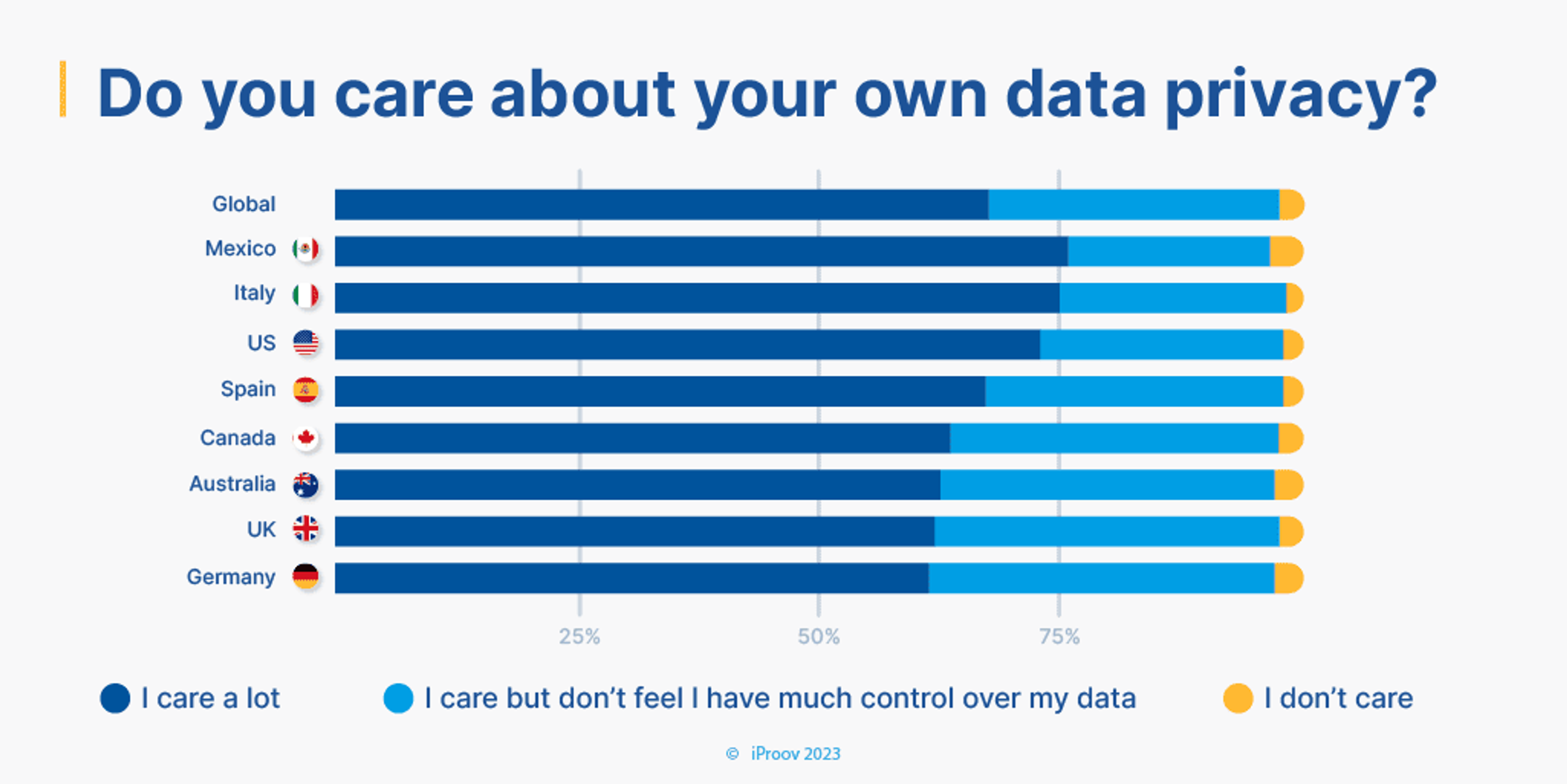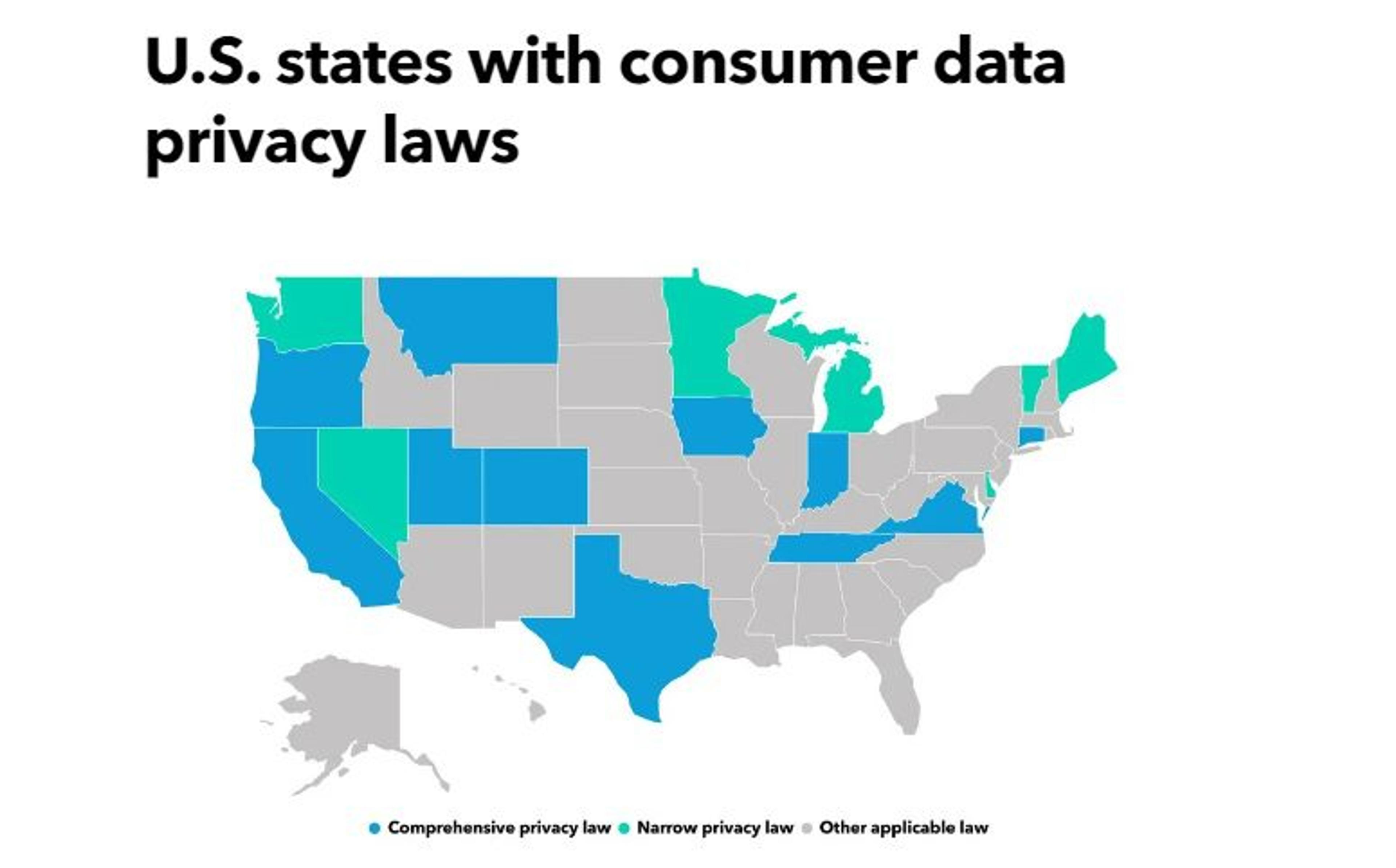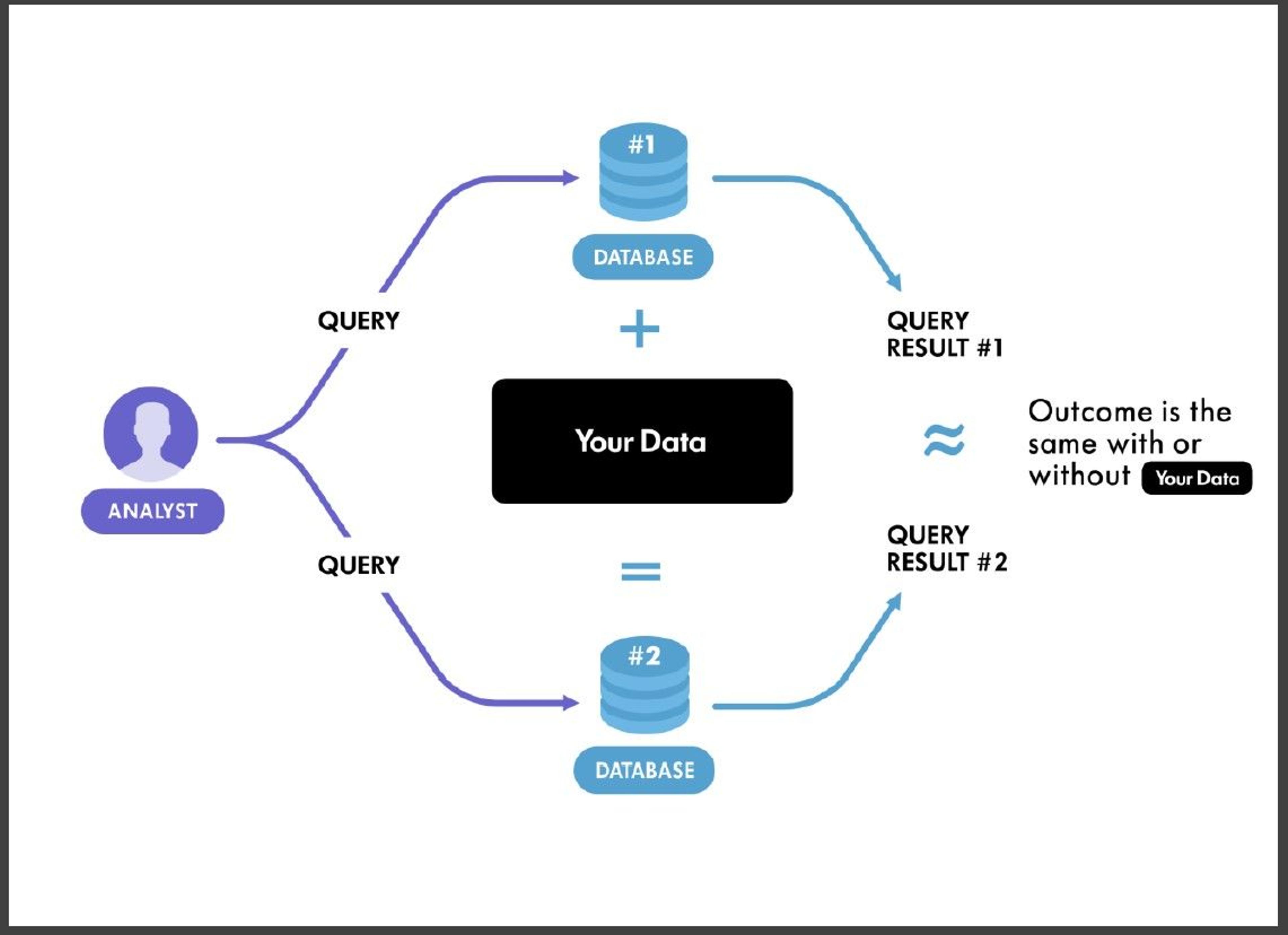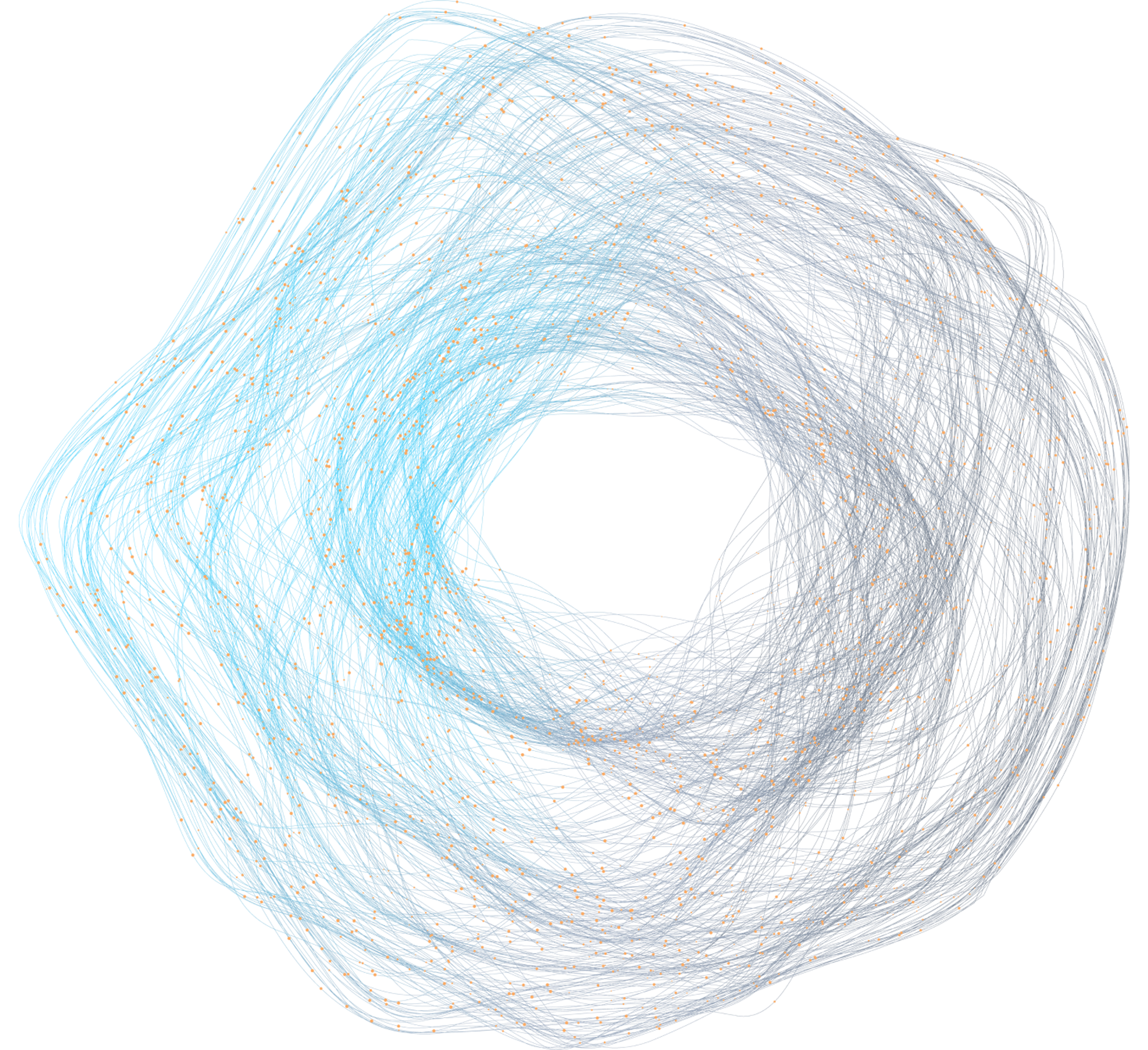blog
Evolving Data Privacy Regulations in Healthcare

SECTIONS
Navigating the complex landscape of data privacy regulations is now a central concern for professionals in healthcare and life sciences. As these sectors increasingly rely on digitized information, the challenge isn’t just about collecting data, but safeguarding it.
Honoring data privacy regulations and handling customer data with care not only ensures business as usual (i.e. no compliance issues) but creates stronger customer relationships and enables better service and delivery of care. In the life sciences space, it enhances research potential and drives innovation.
In this article, we’ll explore the evolution of data privacy as a concept, key data privacy regulations to know, and how to balance the responsibility of secure data management with leveraging data to its full strategic and innovative potential.
Key Takeaways:
- More than 90% of customers today say they care about their own data privacy, although many feel they don’t have much control over it.
- Important data privacy regulations to know and understand include: HIPAA, GDPR, CCPA, 21st Century Cures Act, and HITECH.
- Differential privacy masks personal data by adding data “noise” so that it can be included in a shared dataset without being compromised.
- User access management and employee training prevents inadvertent data security issues caused by human error.
- Master data management (MDM) platforms are a critical solution for managing the scope and volume of health data across complex ecosystems.
Data Privacy: What it Means and Why It Matters in Healthcare
Data privacy pertains to the way personal and identifiable information is accessed, collected, managed, shared, and utilized by organizations. In today’s highly digital world, the vast amounts of information that move through company systems require oversight to ensure that sensitive data remains secure and is handled responsibly at all times.
For people around the world, these privacy measures are of paramount importance. More than 90%Opens in a new tab of global customers say they care about their individual data privacy (even if many don’t feel like they can totally control it).

Image Source
In healthcare and life sciences, data privacy is even more critical than in traditional business and personal communication spheres. Here, data isn’t just a matter of numbers or transaction records, it’s comprised of people’s medical histories, genetic information, and other sensitive personal details.
Protecting this data is not just a matter of compliance or avoiding financial repercussions, but about safeguarding the trust patients place in healthcare institutions and ensuring their personal and medical information isn’t misused or exposed.
For healthcare professionals, the importance of data privacy is twofold. Firstly, it ensures that they can provide the best care possible without concerns about unauthorized access or data breaches that could jeopardize treatment. Secondly, given the nature of the data they handle, it’s a fundamental ethical obligation to maintain the sanctity and confidentiality of patient information.
Moreover, in life sciences, where data-driven decisions can lead to groundbreaking discoveries or the development of new medications, ensuring data privacy means preserving the integrity of research and the trust of participants in clinical studies.
For these reasons and more, people working in the healthcare and life sciences sectors must be fully in the know about important healthcare data privacy regulations, best practices, and solutions.
Important Healthcare Data Privacy Regulations to Know
Health Insurance Portability and Accountability Act (HIPAA)
Enacted in 1996 in the U.S., HIPAA has perhaps played a more pivotal role in shaping healthcare data privacy regulations than any other legal standard. It requires healthcare entities to protect the privacy and security of patients’ health information, while also establishing standards for the electronic exchange of such data to ensure both its confidentiality and integrity.
It’s applicable to health plans, healthcare clearinghouses, and select healthcare providers that handle certain electronic health care transactions. Violations can lead to hefty penalties, making HIPAA a priority for healthcare organizations as they manage data and compliance.
General Data Protection Regulation (GDPR)
Adopted by the European Union in 2018, the GDPR is still one of the most comprehensive data privacy laws that exists globally. Though not exclusive to healthcare, its expansive scope encompasses both the healthcare and life sciences sectors within the EU and for U.S. organizations who manage EU residents’ personal data.
GDPR principles like informed consent, the right to access, and the “right to be forgotten” have all played a role in shaping data privacy standards, even for organizations who aren’t legally bound to the law itself. FOr those that are, noncompliance can result in substantial fines.
California Consumer Privacy Act (CCPA)
The California Consumer Privacy Act (CCPA), effective from 2020, has given California residents greater control over their personal information. It mandates businesses to transparently disclose data collection and its usage.
Even if not healthcare-centric, healthcare entities managing California residents’ data must adhere to it. The CCPA provisions allow consumers to request data deletion and refuse data sales. Non-adherence can lead to statutory penalties or potential civil litigation.
Since CCPA was passed, more than a dozen other states have followed its lead in creating data privacy laws with similar standards, and more are expected to do the same in the near future.

Image Source
21st Century Cures Act
The U.S. ratified this legislation in 2016, targeting the acceleration of medical product development and innovations. A significant section pertains to the electronic access, exchange, and utilization of health information. It emphasizes patients’ rights to their own health data and restricts information blocking by healthcare providers, health IT developers, and health information exchanges.
Health Information Technology for Economic and Clinical Health Act (HITECH Act)
Enacted in 2009 as part of the American Recovery and Reinvestment Act, the HITECH Act promotes the adoption and meaningful use of health information technology. It enhances the protection provisions of HIPAA, introducing stricter penalties for breaches and requiring timely notifications.
Moreover, it incentivizes healthcare providers to implement electronic health records (EHRs), pushing for a more interconnected and transparent healthcare ecosystem while preserving privacy standards.
Looking Ahead: Solutions to Data Privacy for the Future
Keeping in mind the criticality of data privacy in the healthcare and life sciences sectors, and knowing the key regulations we covered in the previous section, it’s important for organizations to ask: How can we stay compliant with data privacy standards while also leveraging data to be more agile and innovative in the future?
After all, one of the most significant benefits of data is that it provides insight to drive strategy. Without being able to use patient and customer data for this purpose, healthcare and life sciences companies are extremely inhibited from reaching their full potential.
Fortunately, there are solutions that allow data innovation without compromising privacy. These include:
Differential Privacy
Differential privacy is a system that allows companies, particularly those handling vast amounts of health data, to share aggregate information without revealing individual identities. By adding a certain amount of random “noise” to the data, it ensures that the privacy of individual entries is not compromised, even when the data set is subjected to repeated querying.
As health data becomes increasingly shared and analyzed, differential privacy stands as a promising tool to maintain individual privacy.

User Access Management
As healthcare systems become more interconnected, it’s important to manage who can access what kinds of information. User access management systems ensure that only authorized individuals can view or modify sensitive health data. By setting stringent roles and permissions, these systems minimize the risk of internal breaches and unauthorized access.
Active Cybersecurity
Beyond responsible management practices, active cybersecurity solutions are a must. This involves real-time monitoring of network activity, detecting and countering internal and external threats as they occur. With the increasing sophistication of cyber threats, a proactive stance, which includes threat hunting and immediate incident response, will be pivotal in safeguarding health data.
Healthcare Risk Analysis
Risk analysis goes beyond traditional security measures. It involves evaluating potential vulnerabilities in a healthcare system, from software loopholes to potential human errors. By identifying these risks ahead of time, healthcare institutions can prioritize and address their most glaring vulnerabilities, ensuring that their patient data remains protected.
Employee Training
Often, the biggest data privacy vulnerabilities aren’t technological, but human. It’s important to conduct regular, rigorous employee training so they can recognize threats like phishing attempts, understand the importance of data privacy, and follow best practices. This can drastically reduce the likelihood of an inadvertent data breach occurring.
Level Up Your Data Management with Gaine
Adhering to data privacy regulations isn’t just a box to check on the compliance list—it’s a central part of maintaining trusting relationships with patients and customers, as well as being able to leverage data to gain competitive advantages in the market.
Master Data Management (MDM) is the cornerstone of robust data privacy in healthcare. By centralizing and streamlining data sources, MDM ensures accurate, consistent, and secure information access across healthcare and life sciences ecosystems.
Gaine’s Coperer platform Coperor supports complex, mission-critical business use cases across internal systems and external organizations. Coperor enables our clients to better manage patient, provider, and member data in a multitude of scenarios to deliver a competitive advantage.
Visit our website for a real-time Coperer demo.
